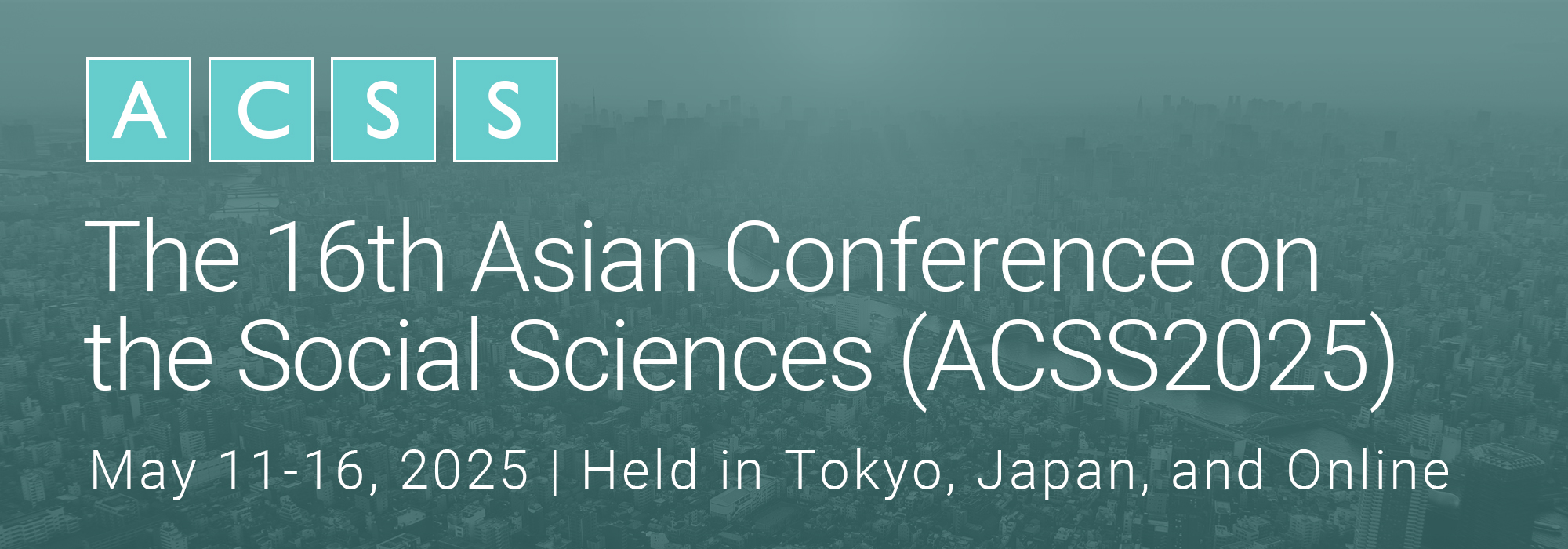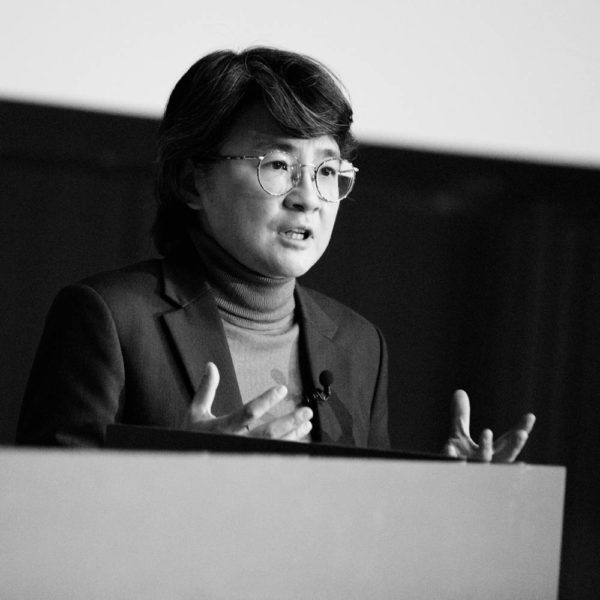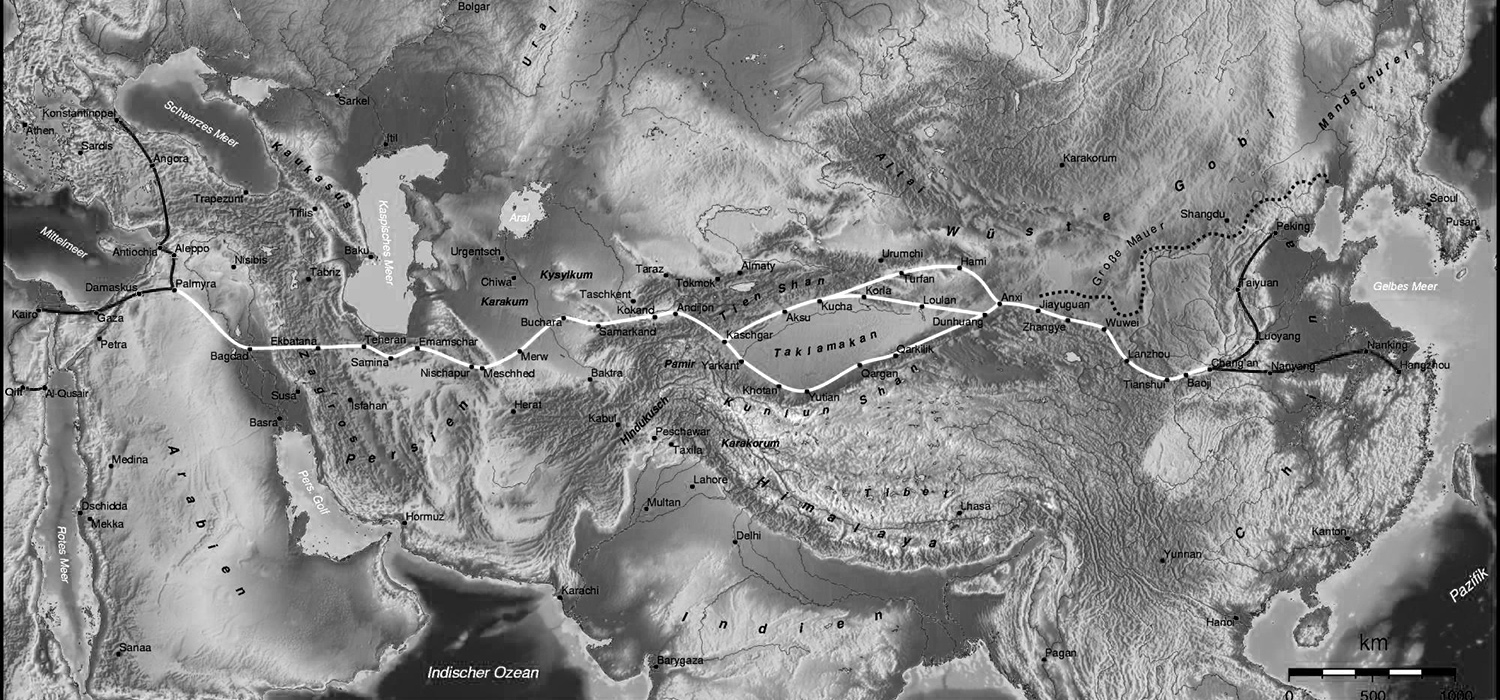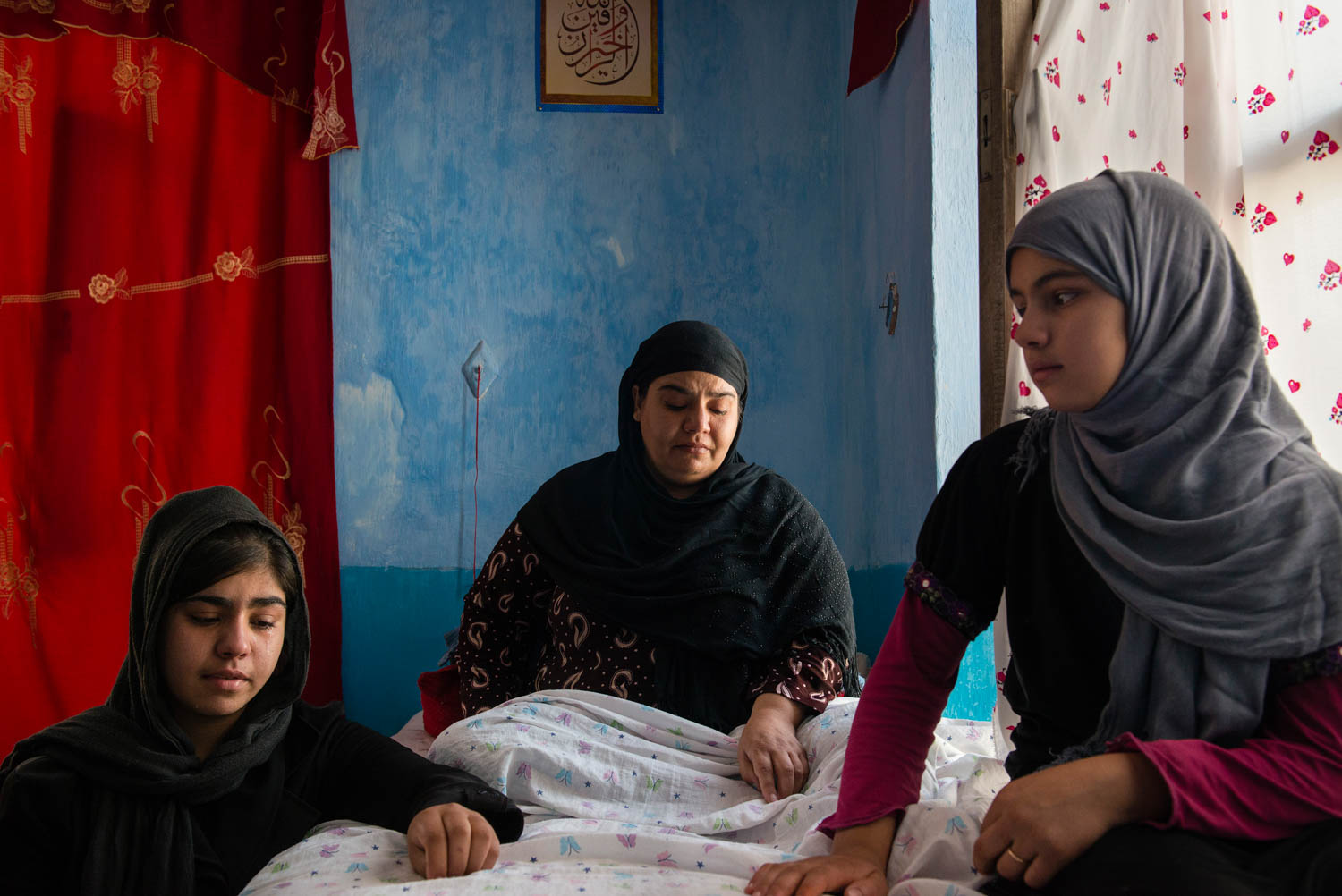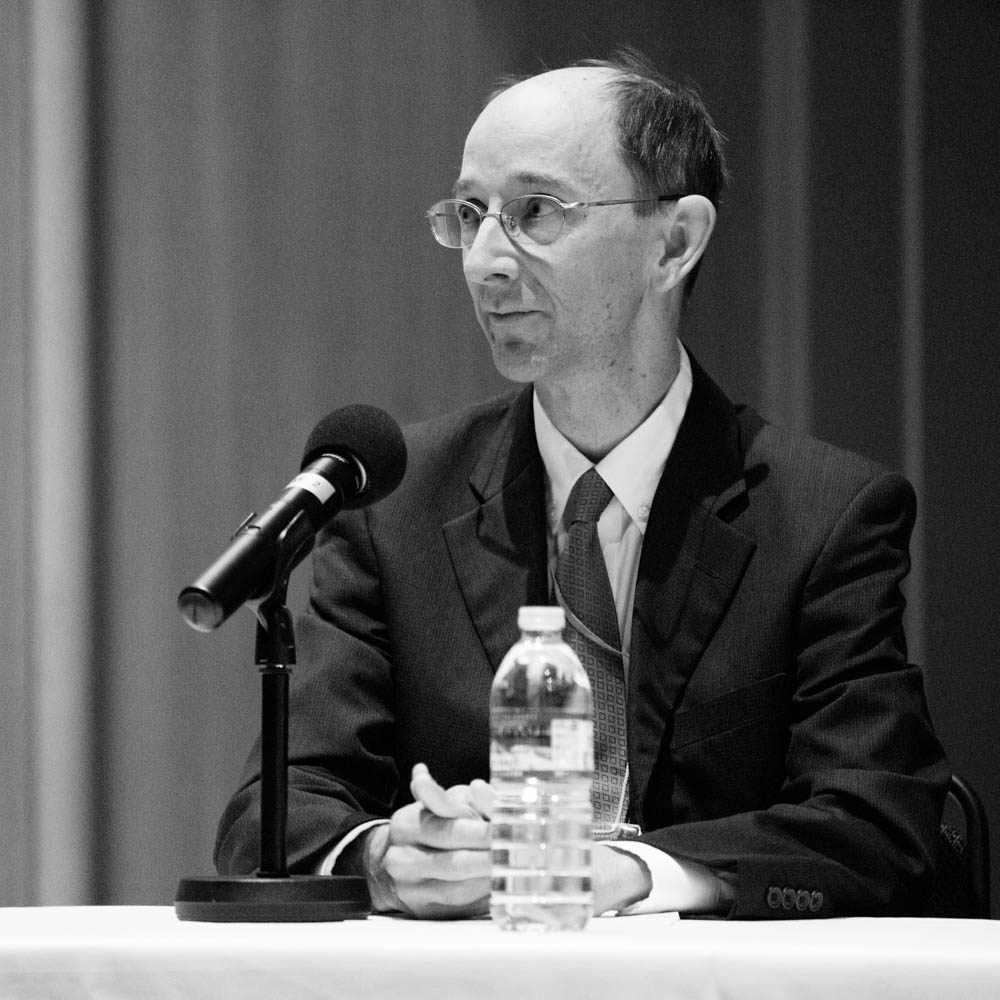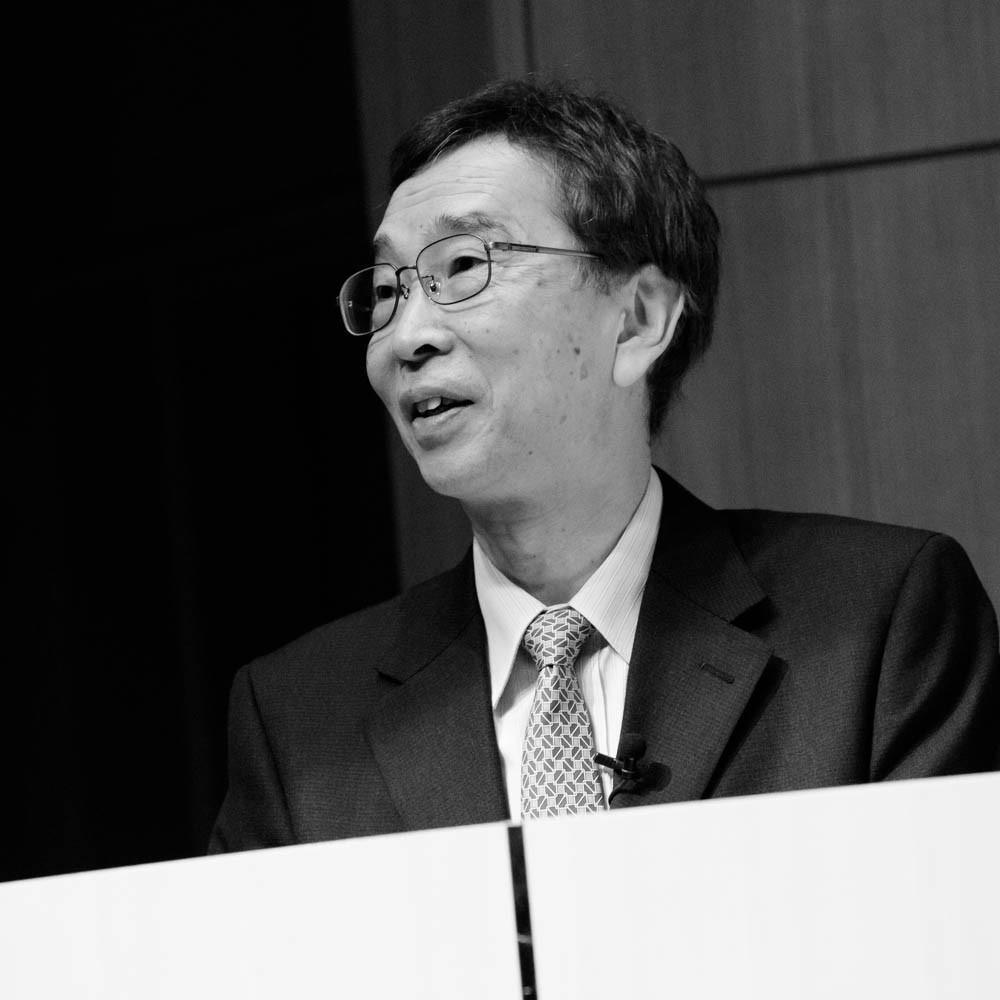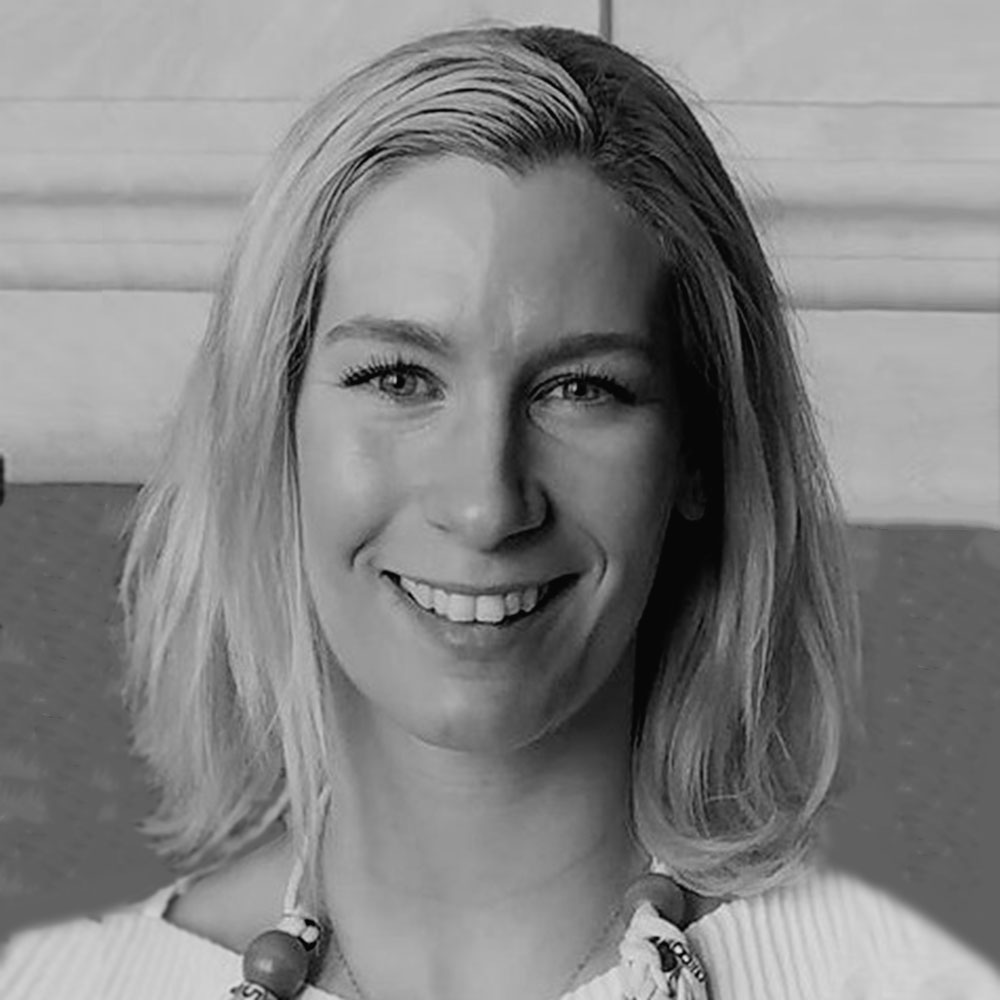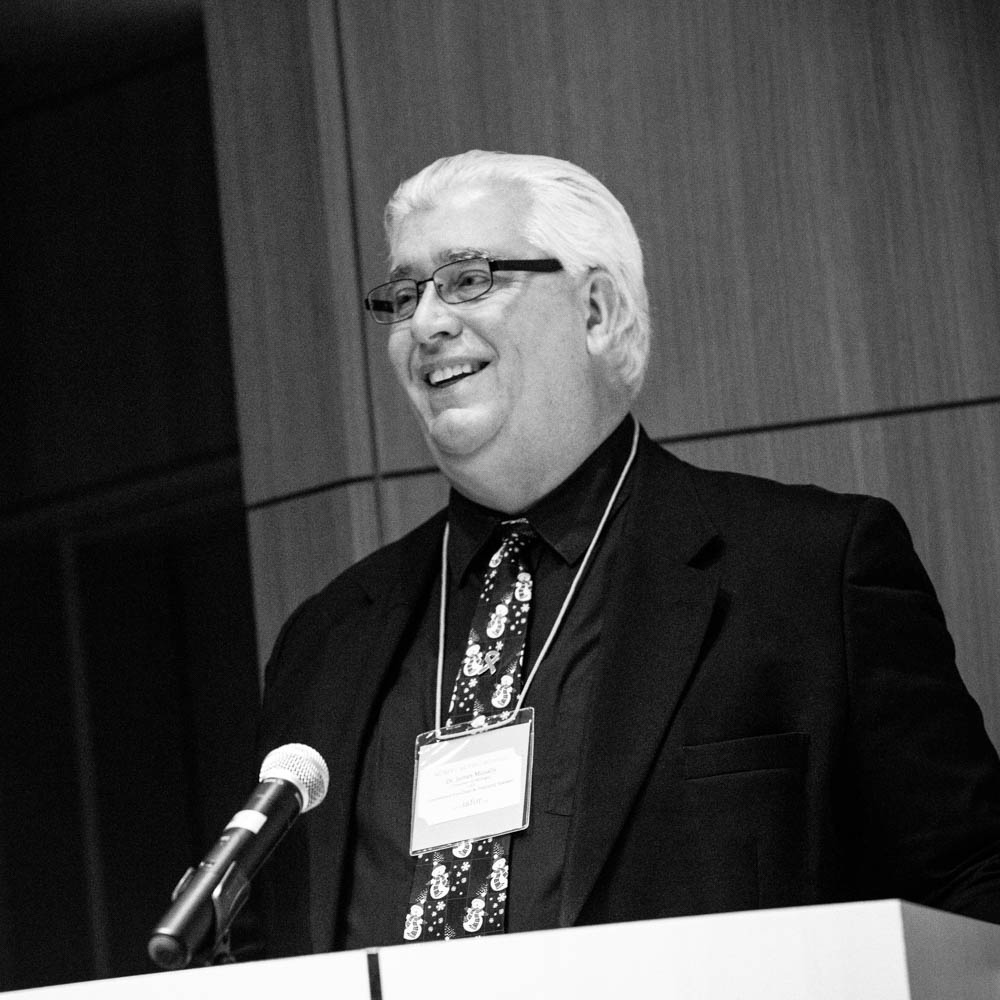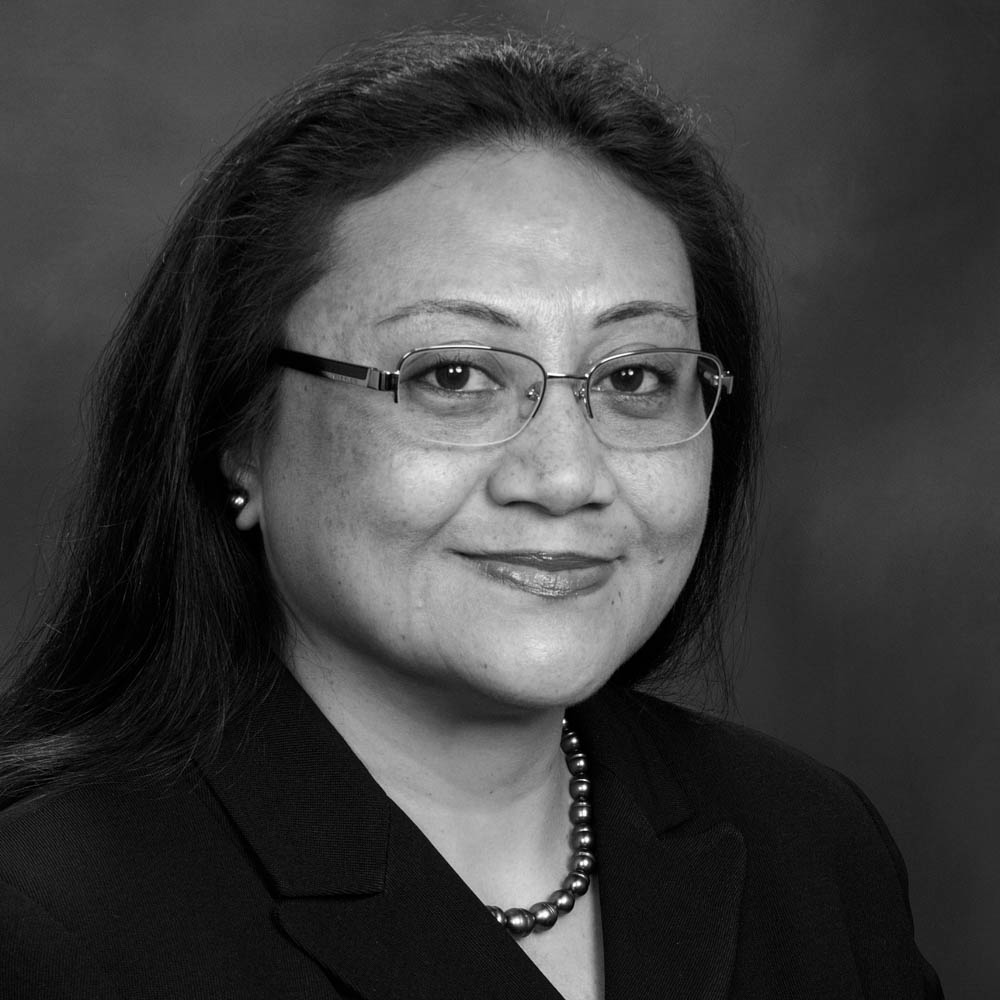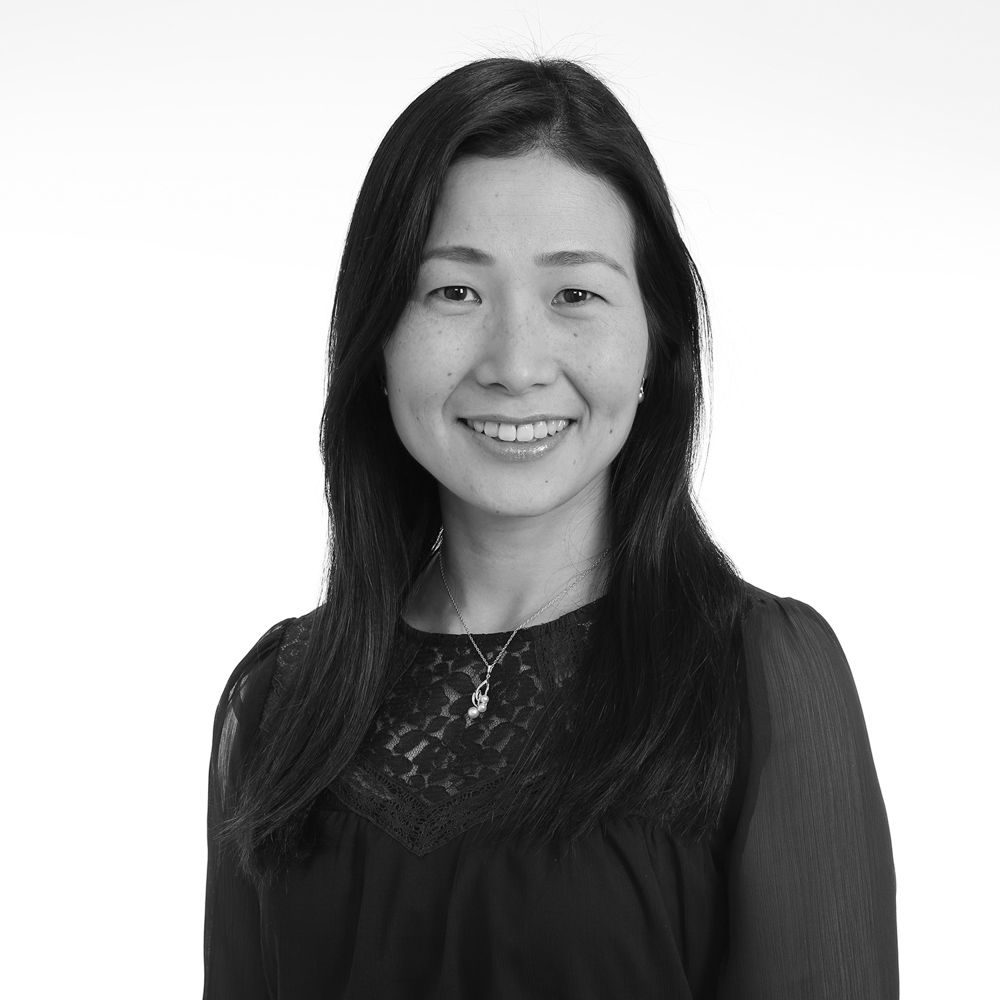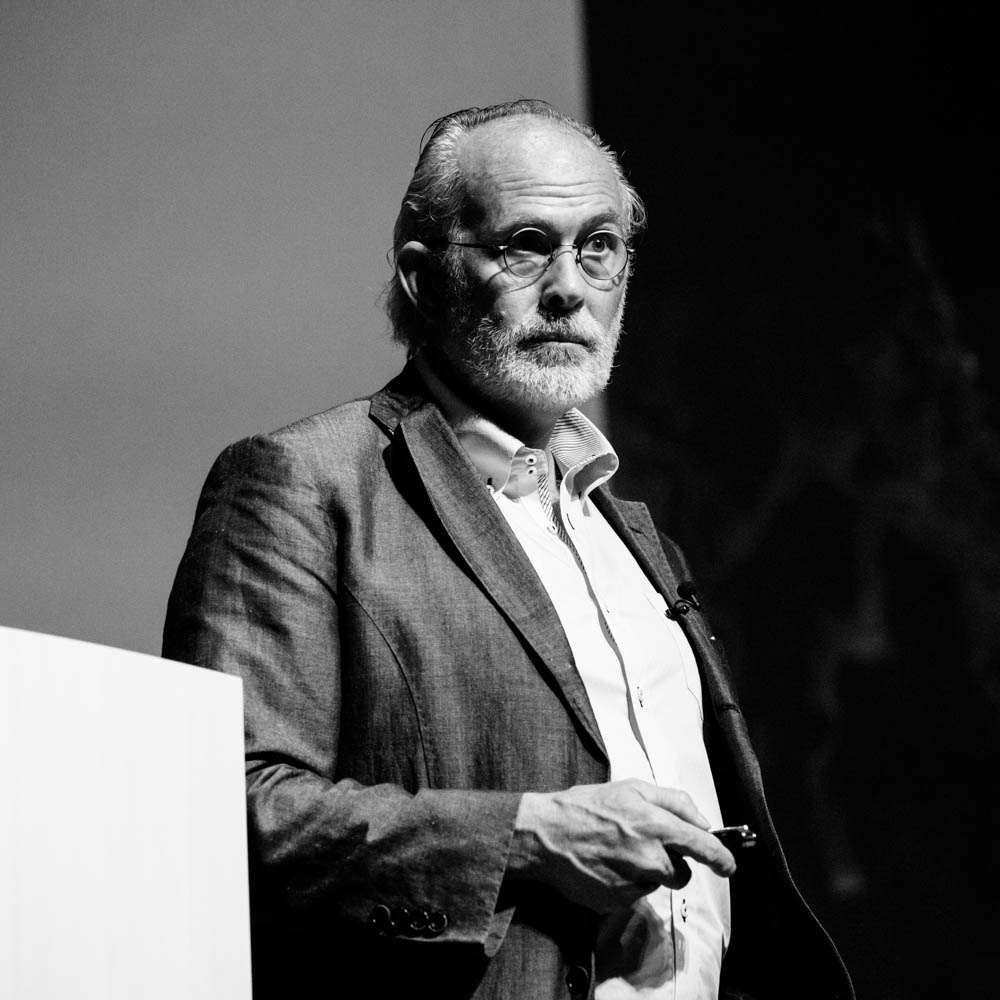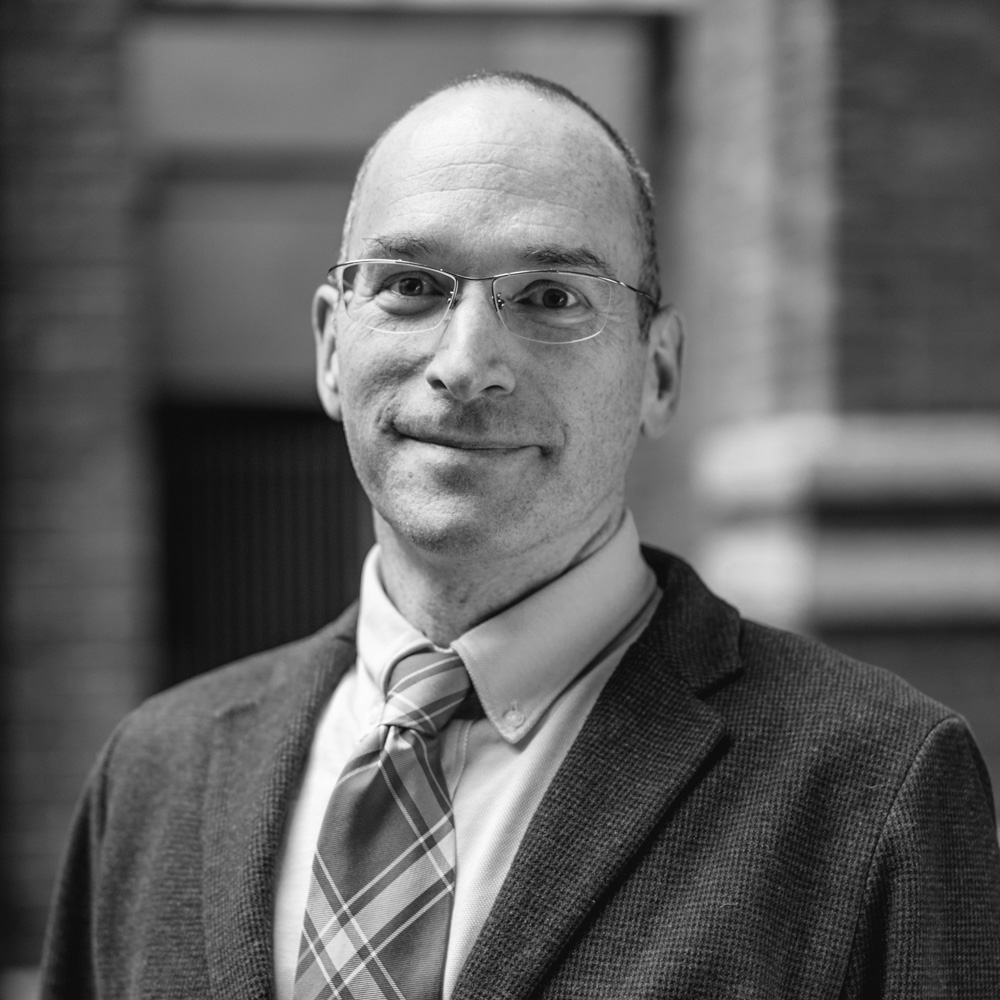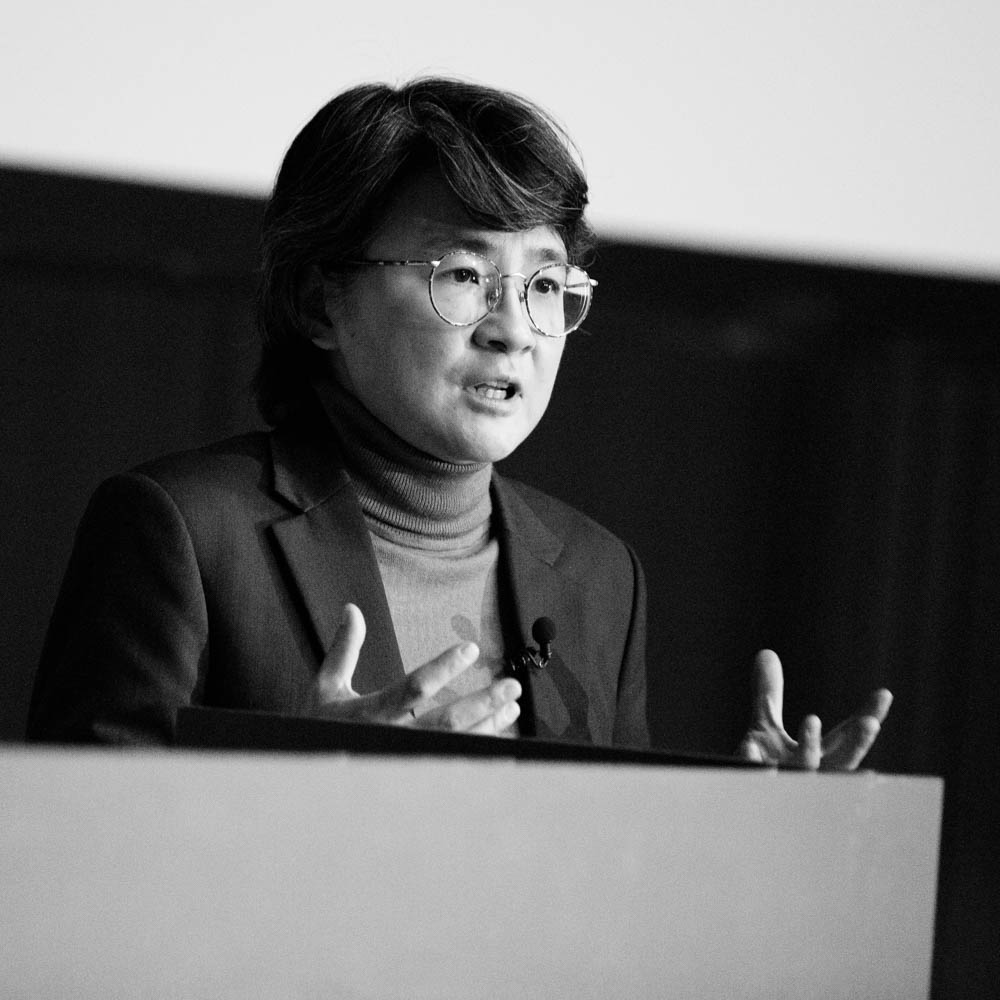"Surviving and Thriving: In Pursuit of a Sustainable World"
June 8–10, 2018 | Art Center Kobe, Kobe, Japan
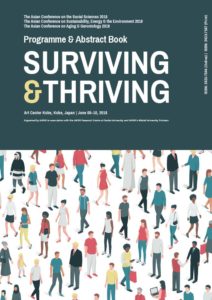 Religious, cultural and societal fractures have seen rises in authoritarianism and nationalism across the world, and threats and perceived threats have been used to justify the stifling and marginalisation of voices of opposition and dissent. Hard-won progress and freedoms are being questioned and undermined, and questions of peace, security and human security abound. In this period of great global social, economic, political and environmental instability, the future is for many a place of great uncertainty and fear.
Religious, cultural and societal fractures have seen rises in authoritarianism and nationalism across the world, and threats and perceived threats have been used to justify the stifling and marginalisation of voices of opposition and dissent. Hard-won progress and freedoms are being questioned and undermined, and questions of peace, security and human security abound. In this period of great global social, economic, political and environmental instability, the future is for many a place of great uncertainty and fear.
However, in any period of great change, and undoubted challenge, there is also a great opportunity to harness and nurture these forces. The future is not yet written, and the powerful heuristic of sustainability has become a reality in many areas, where human creativity, imagination and technological advances have helped to make the world a better place. From small individual initiatives within families, communities and places of work, to the larger and more long-term development initiatives of governments and supranational institutions, exemplified by the UN’s 2030 goals, human resourcefulness is being used in pursuit of the common goal of a sustainable world.
Programme
-
 Surviving and Thriving: In Pursuit of a Sustainable World – A Unique and Personal ReflectionFeatured Presentation: Lowell Sheppard
Surviving and Thriving: In Pursuit of a Sustainable World – A Unique and Personal ReflectionFeatured Presentation: Lowell Sheppard -
 What you see and What you doFeatured Workshop Presentation: Will Baber
What you see and What you doFeatured Workshop Presentation: Will Baber -
 Health Across the LifecourseFeatured Panel Presentation: James W. McNally, Hiroshi Ishida & Megumi Rosenberg
Health Across the LifecourseFeatured Panel Presentation: James W. McNally, Hiroshi Ishida & Megumi Rosenberg -
 Locating Data for Research: Data Collections and Resources for Thesis Writing, Teaching, and Grant Development for the Social Sciences and the EnvironmentFeatured Workshop Presentation: James W McNally & Kathryn Lavender
Locating Data for Research: Data Collections and Resources for Thesis Writing, Teaching, and Grant Development for the Social Sciences and the EnvironmentFeatured Workshop Presentation: James W McNally & Kathryn Lavender -
 Towards a Universal Standard of Value through BlockchainFeatured Presentation: Philip Sugai
Towards a Universal Standard of Value through BlockchainFeatured Presentation: Philip Sugai -
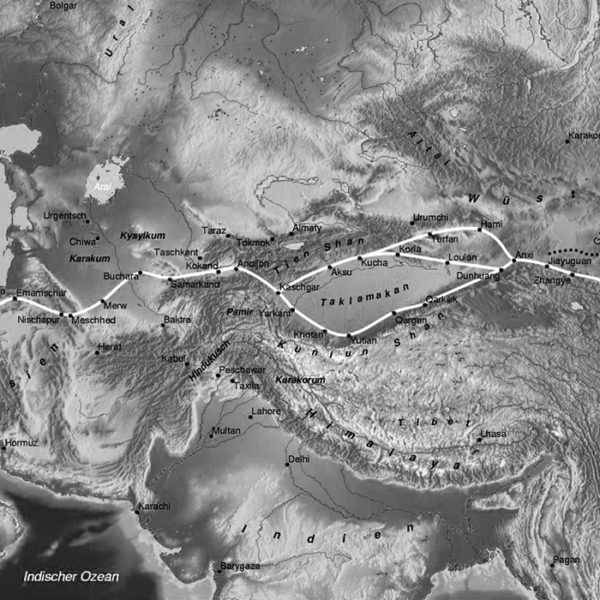 IAFOR Silk Road Initiative Information Session
IAFOR Silk Road Initiative Information Session -
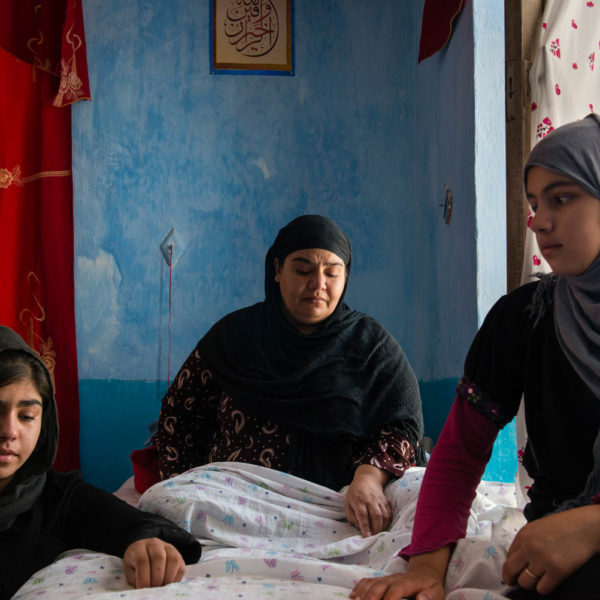 IAFOR Documentary Photography Award 2017 | Award Winners Screening
IAFOR Documentary Photography Award 2017 | Award Winners Screening
Speakers
-
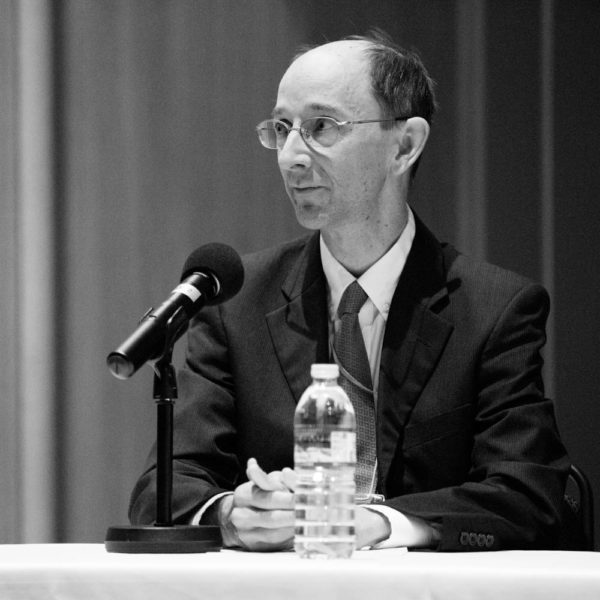 William BaberKyoto University Graduate School of Management, Japan
William BaberKyoto University Graduate School of Management, Japan -
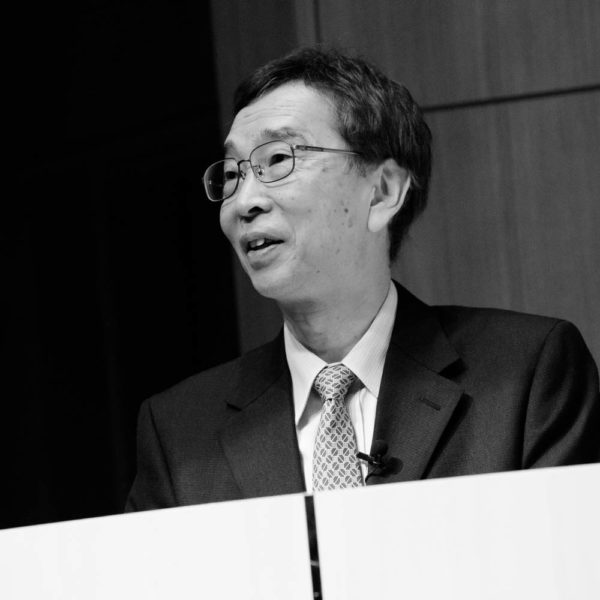 Hiroshi IshidaUniversity of Tokyo, Japan
Hiroshi IshidaUniversity of Tokyo, Japan -
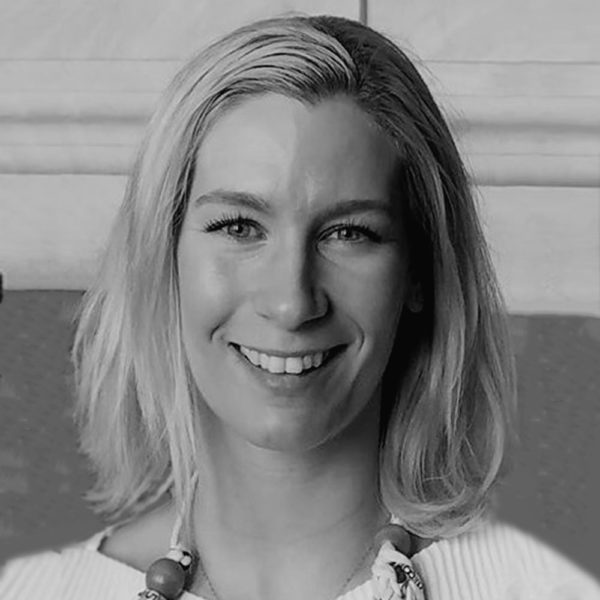 Kathryn M. LavenderNational Archive of Computerized Data on Aging (NACDA)
Kathryn M. LavenderNational Archive of Computerized Data on Aging (NACDA) -
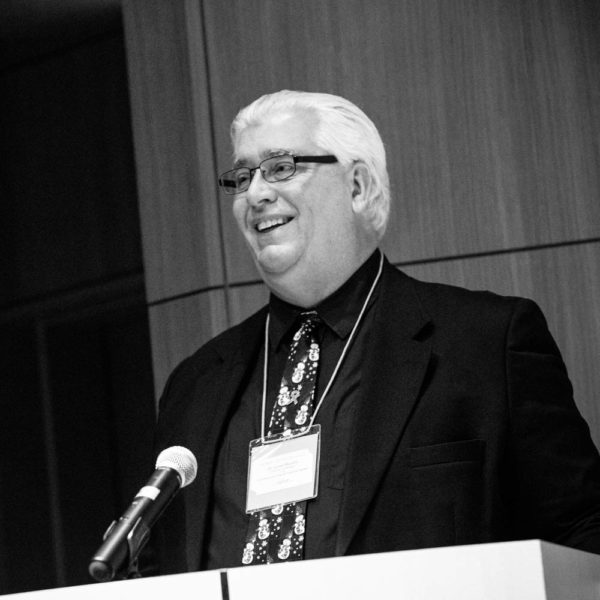 James W. McNallyUniversity of Michigan, USA & NACDA Program on Aging
James W. McNallyUniversity of Michigan, USA & NACDA Program on Aging -
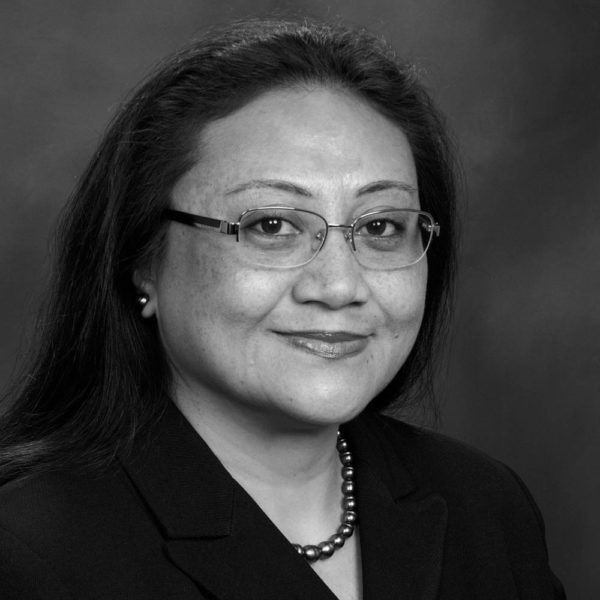 Sela V. PanapasaUniversity of Michigan, USA
Sela V. PanapasaUniversity of Michigan, USA -
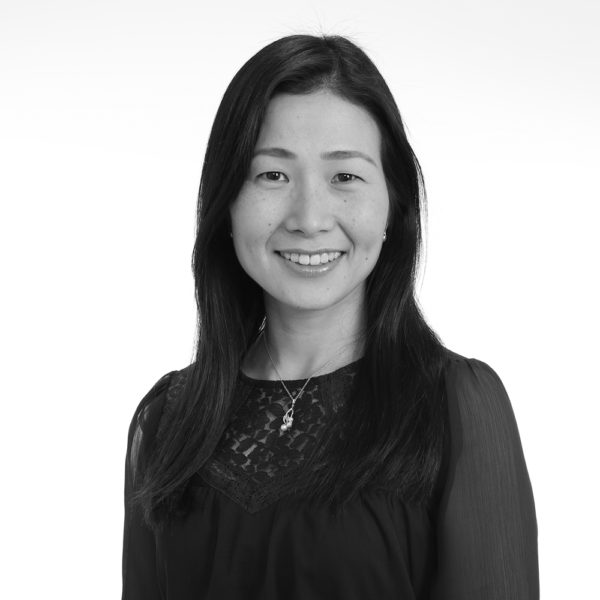 Megumi RosenbergWorld Health Organization (WHO), Japan
Megumi RosenbergWorld Health Organization (WHO), Japan -
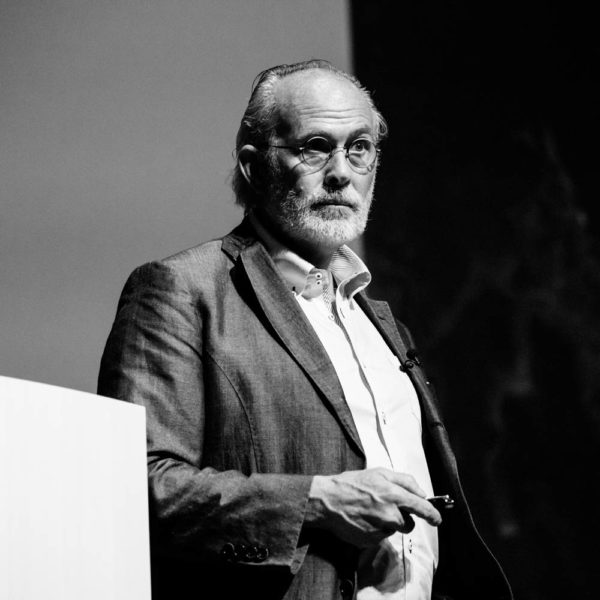 Lowell SheppardHOPE International Development Agency, Japan
Lowell SheppardHOPE International Development Agency, Japan -
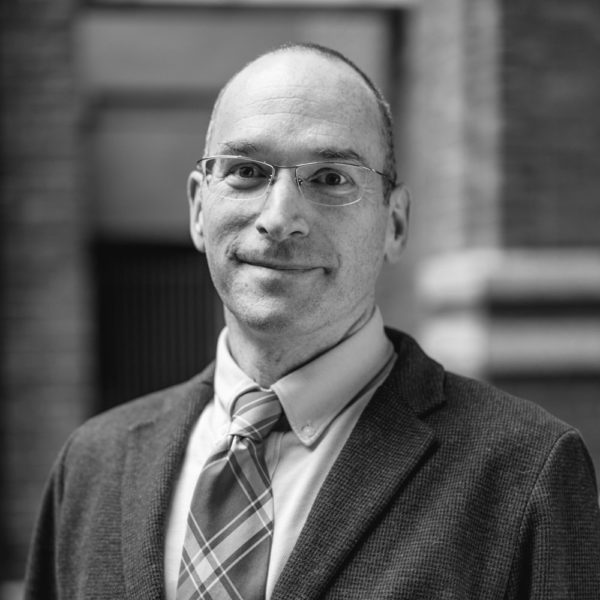 Philip SugaiDoshisha Business School, Japan
Philip SugaiDoshisha Business School, Japan
Organising Committee
The Conference Programme Committee is composed of distinguished academics who are experts in their fields. Conference Programme Committee members may also be members of IAFOR's International Academic Board. The Organising Committee is responsible for nominating and vetting Keynote and Featured Speakers; developing the conference programme, including special workshops, panels, targeted sessions, and so forth; event outreach and promotion; recommending and attracting future Conference Programme Committee members; working with IAFOR to select PhD students and early career academics for IAFOR-funded grants and scholarships; and overseeing the reviewing of abstracts submitted to the conference.
Review Committee
- Dr Aleksandra Ptak, Czestochowa University of Technology, Poland
- Dr Biswanath Lahiri, J.J.T. University - Vidyanagari, India
- Professor Brent Shea, Sweet Briar College, United States
- Dr Catalino Mendoza, Systems Plus College Foundation, Philippines
- Dr Elif Avc, Faculty of Education, Anadolu University, Turkey
- Dr Georgia Daleure, Higher Colleges of Technology, United Arab Emirates
- Dr HeeSoon Lee, Bowling Green State University, United States
- Dr Ho Keat Leng, Nanyang Technological University, Singapore
- Dr Kunwadee Rojpaisarnkit, Rajabhat Rajanagarindra University, Thailand
- Dr Margaret Sanapo, Ritsumeikan University, Japan
- Dr Masanori Kaneko, Independent Researcher, Japan
- Professor Padmaja Kamat, PES Shri Ravi Sitaram Naik College of Arts & Science, India
- Dr Selay Ilgaz Sumer, Baskent University, Turkey
- Dr Tinni Dutta, Asutosh College – Kolkata, India
- Dr Yi-Ming Yu, National Defense University, Taiwan
IAFOR's peer review process, which involves both reciprocal review and the use of Review Committees, is overseen by conference Organising Committee members under the guidance of the Academic Governing Board. Review Committee members are established academics who hold PhDs or other terminal degrees in their fields and who have previous peer review experience.
If you would like to apply to serve on the ACSS2019 Review Committee, please visit our application page.
